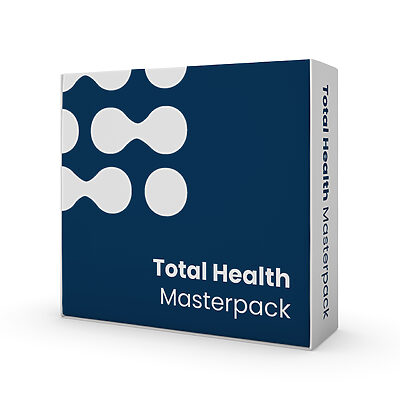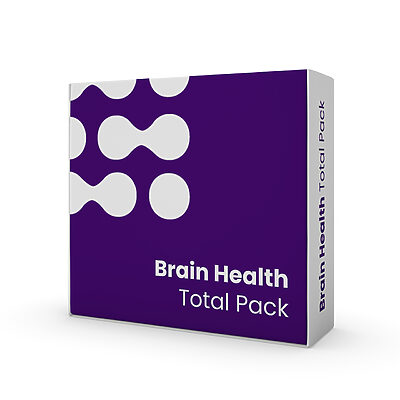
What Is CBG Oil?
If you’re looking for a comprehensive, natural solution to tackle inflammation and its debilitating effects, you’re in the right place. Welcome to the new era

Magnesium is an important mineral that plays a vital role in our bodies. It helps with muscle and nerve function, regulates blood pressure, and supports our immune system.
Let’s learn more about the effects of magnesium deficiency and overdose. We’ll also find out what to consider when using magnesium and which dietary supplement to choose for an extra boost.
Magnesium is one of the seven essential macronutrients that we need to consume in relatively large amounts, at least 100 mg daily. Magnesium has a crucial impact on various bodily functions and is essential for their proper functioning.
We can obtain magnesium from our diet or through dietary supplements such as tablets or capsules.
Foods that are high in fiber usually have a high magnesium content. These include legumes, whole grains, vegetables (especially broccoli, squash, and leafy greens), nuts, and seeds. Dairy products, meat, chocolate, and coffee also contain this important mineral.
Magnesium contributes to:
Magnesium also plays a role in normal energy metabolism, protein synthesis, cell division, and maintaining a healthy skeletal system.
Although many people don’t get enough magnesium in their bodies, severe deficiency symptoms are rare in otherwise healthy individuals.
The causes of magnesium deficiency can include:
Magnesium deficiency is more common in older adults, who often require magnesium supplementation.
The symptoms of magnesium deficiency include:
More severe symptoms can include:
In addition to the amount obtained through diet, the recommended maximum daily intake of magnesium is 350 mg, which may be needed if you engage in regular physical activity, experience high levels of stress, or are pregnant.
Due to overdose risks, it is important not to exceed these recommended maximum amounts when taking magnesium.
There are various types of magnesium available in dietary supplements. Some of the well-known types include:
Magnesium glycinate, also known as magnesium bisglycinate, is a popular choice.
Magnesium bisglycinate contains both magnesium and glycine, which is an amino acid found in collagen.
The USA medical MAGNESIUM GLYCINATE Capsules combine magnesium with glycine, providing a beneficial supplement option.
These statements have not been evaluated by the Food and Drug Administration. These products/services are not intended to diagnose, treat, cure, or prevent any disease.

If you’re looking for a comprehensive, natural solution to tackle inflammation and its debilitating effects, you’re in the right place. Welcome to the new era

The Invisible Enemy Within You wake up feeling groggy, your joints ache, and that old neck pain seems to have returned. No, it’s not just

CBG oil has been creating waves in the health and wellness industry, and for good reasons. But with any health trend, it’s crucial to separate

In stock | Free shipping

In stock | Free shipping

In stock | Free shipping

In stock | Free shipping

In stock | Free shipping

In stock | Free shipping

In stock | Free shipping

In stock | Free shipping

In stock | Free shipping

In stock | Free shipping

In stock | Free shipping

In stock | Free shipping

In stock | Free shipping

In stock | Free shipping

In stock | Free shipping